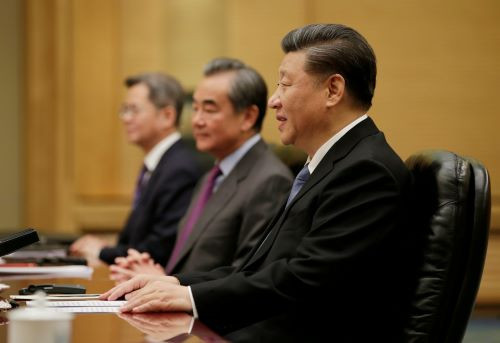After the success of phase one of the China-US trade deal, the new head of the International Monetary Fund (IMF) raised the GDP forecast of China for 2020. The head claimed that tariff adjustments showed that both countries could improve their economic standing by 2020 and that the same would positively affect the global economy as well.
The new IMF managing director Kristalina Georgieva raised the forecasted GDP values for China. She said during an exclusive interview with a reporter that the agreement between China and the US about the tariff adjustments may result in a six percent yield in GDP compared to the previously estimated 5.8 GDP rate for China.
The earlier estimate was decided upon before the phase one deal took effect. It was revealed that before the agreement was reached, China and the US may cause a financial crisis between players who operate in the import and export industries in the global economy. IT was also revealed that part of the deal was China's compliance with structural reforms that would loosen up China's economic and trade systems.
According to Georgieva, the adjustments to the tariffs would result in increases in imports of agricultural products from the US and cause structural reforms in China that would also increase foreign investments into the country.
The report then revealed that phase one of the trade deal may improve the debt crisis in China. It was revealed six privately-owned companies of China who operate within its wealthiest provinces have caused an economic meltdown in the last three months. It was shown that the current collective outstanding debt of these six companies amounted to 68.1 billion yuan or $9.7 billion USD which distressed China's investors.
After lower tariff rates were announced by the US, the said phase one of the trade deal was expected by the IMF managing director to increase the investments into China which could alleviate the debt crisis. In turn, it was revealed that instead of interdependence among local banks in China, welcoming foreign investments may improve the confidence of foreign investors into the country.
It was also discussed that foreign investors have indeed shown great interest in investing in China. The report claimed that these foreign investors have invested more in Chinese government bonds after phase one trade agreement was announced. At present, the report claimed that Chinese onshore bonds held by these foreign institutional investors have reached 2.2 trillion yuan or $313.6 billion USD last November.






